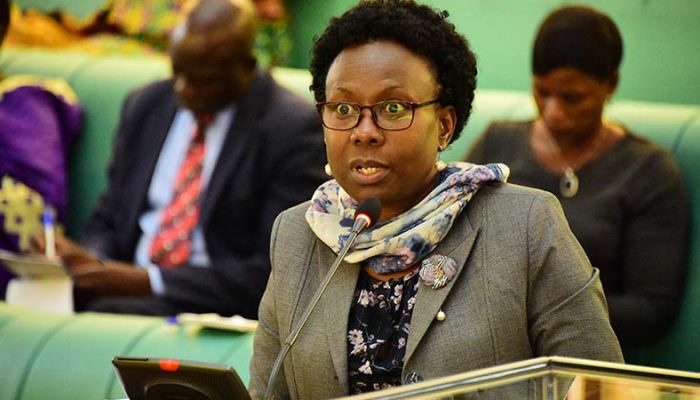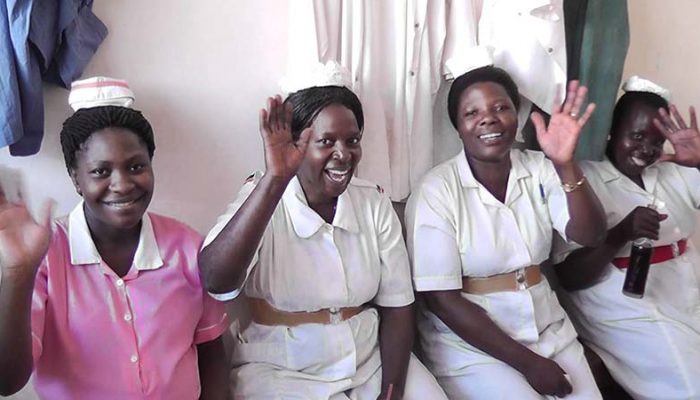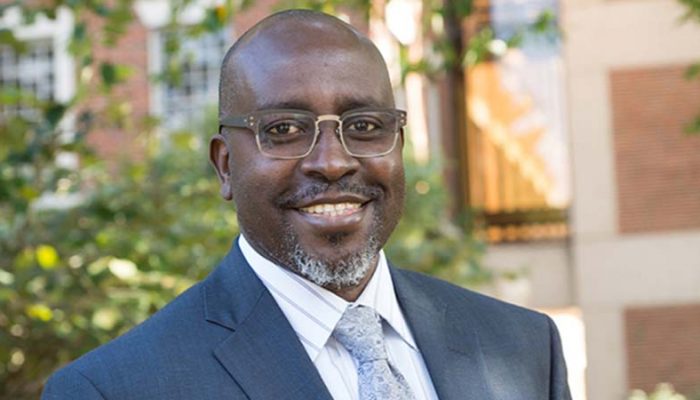The Chairperson and Board of the Uganda Society for Health Scientists (USHS), conference delegates, ladies, and gentlemen.
It gives me great pleasure, to join you today at the opening of the 20 the annual conference for the society—as you celebrate 22 years of
existence. It is gratifying to know, that the society has held annual conferences since its inception. Unfortunately, it was not possible to hold the 2020 conference due to the ongoing Global COVID-19 pandemic.
I am glad that this year, despite the prevailing circumstances, the society is now holding the 20 th Annual Scientific
Conference. Opportunities for in-country scientific dissemination are still limited, therefore, I commend you for providing a local platform for the Ugandan research community in the health sector to disseminate their findings. It is important to note that the annual conference is intended to serve as a leading platform for young and mid-level researchers to disseminate their research findings and to network with senior researchers, mentors, and colleagues.
Therefore, I thank you, Madam Chair, and the team at the Uganda Society for Health Scientists for ensuring that the Ugandan health research community retains this platform to discuss their research findings on regular basis. The Ministry of Health appreciates the role of research as a cornerstone to producing evidence-based policies, informing practice, and an
Imperative undertaking in fulfilling our mandate. In particular, we recognize that the dissemination of research findings is a key step to translating evidence into policies that will eventually contribute to the attainment of better health for Ugandans. Dissemination platforms, like
this Conference, allow research to undergo peer-review and debate and enable various researchers to know about ongoing research
activities within the country. It is also important to recognize that conferences like these provide particularly useful feedback to the authors of the work to prepare manuscripts for publication in peer- reviewed journals thus contributing to the local, regional, and global body of evidence. I am informed that several young researchers have submitted abstracts for review and presentation at this conference.
This is very encouraging and it demonstrates that the society is not merely nurturing a continuous pool of researchers but also holding fast to the society’s mantra of “Research for better health”.
The Theme for this year’s conference is “Thriving in Health Research and Service Provision in a Changing World”.
This is particularly relevant given the current global challenges that the Health Sector is experiencing due to the COVID -19 Pandemic. The subthemes: COVID- 19 and the impact on health and the health system, communicable and non-communicable diseases, bioinformatics, and emerging issues, all focus on the key priorities of the Ministry of Health.
I look forward to listening to the wide range of presentations in the various thematic areas that you will be discussing and to receiving a synthesized report on the proceedings of the conference. The report will be a great resource for our technical teams to identify emerging evidence that can inform our policy review processes. I wish to thank the funders, who have supported the Uganda Society for
Health Scientists financially, including the Fogarty International Centre at the National Institutes of Health (NIH), USA. I salute the members of the Society who subscribed and therefore contribute to the sustainability of the society.
I wish you very fruitful deliberations over these 2 days, and now declare the 20th annual scientific conference of the Uganda Society for Health Scientists open!
For God and My Country
Hon. Dr. Jane Ruth Aceng Ocero
Minister for Health, Republic of Uganda.



